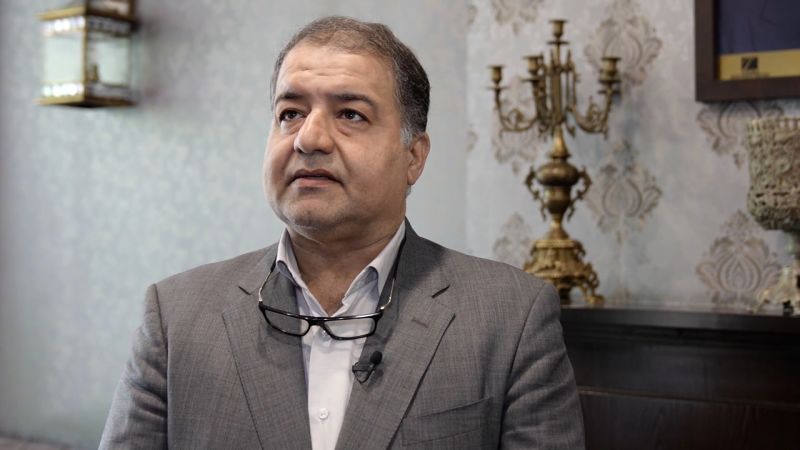TEHRAN, Iran – Diplomatic relations between the United States and Iran could be swiftly restored if U.S. President Donald Trump intervenes to halt Israeli military actions against Iran, according to an Iranian presidential official.
Breaking: Diplomatic Tensions and Opportunities
Majid Farahani, an official within Iran’s presidency, articulated this stance in an interview with CNN on Friday, emphasizing that Iran remains open to dialogue, whether direct or indirect. “Iran believes in civilian dialogue,” Farahani stated, underscoring the potential for negotiations if Israeli strikes cease.
“President Trump can easily stop the war by only one telephone call to the Israelis,” Farahani asserted, reiterating Iran’s position against negotiations amid ongoing hostilities.
Immediate Impact of Nuclear Enrichment Standoff
The nuclear enrichment program remains a contentious issue, with Farahani indicating that while Iran would not completely halt enrichment, it might consider concessions. “Maybe it can be lower but we don’t stop it,” he noted.
European Powers Harden Stance
In recent developments, European nations have aligned with the U.S. and Israel, demanding a complete ban on enrichment. France has taken a firm position, with spokesperson Christophe Lemoine stating, “a clear position on zero enrichment,” during a CNN interview.
Key Details Emerge from Geneva Talks
Amid rising tensions, a two-week negotiation window has been proposed by President Trump, offering a potential, albeit slim, opportunity for a peace agreement between Iran and Israel. Talks in Geneva involve foreign ministers from Iran, Britain, France, and Germany, alongside the European Union’s foreign policy chief, marking the first such face-to-face meeting since the conflict’s escalation.
Potential for Military Action
The Trump administration’s aggressive rhetoric has opened the door to possible military intervention, although internal divisions persist. “If America gets involved in the war,” Farahani warned, “there are so many options and all of those options are on the table.”
Pro-government protests erupted in Tehran, with demonstrators expressing anger at the U.S. and Israel. “Trump, you are threatening my leader,” a protester declared, “Don’t you know that my nation believes death is sweeter than honey?”
Background Context: A History of Hostility
The U.S.-Iran relationship has been fraught with tension, exacerbated by nuclear ambitions and regional power struggles. The current conflict traces back to longstanding geopolitical frictions and recent escalations in military actions.
Expert Analysis: Paths to Resolution
According to experts, a diplomatic resolution requires significant concessions from all parties involved. The cessation of Israeli strikes could pave the way for renewed talks, though the path remains fraught with challenges.
What Comes Next: Future Implications
As the situation unfolds, the international community watches closely, with potential implications for regional stability and global diplomatic relations. The outcome of the Geneva talks could set the tone for future engagements.
The unfolding narrative highlights the delicate balance of diplomacy and military strategy, with the potential for significant geopolitical shifts depending on the actions taken by key players in the coming weeks.
